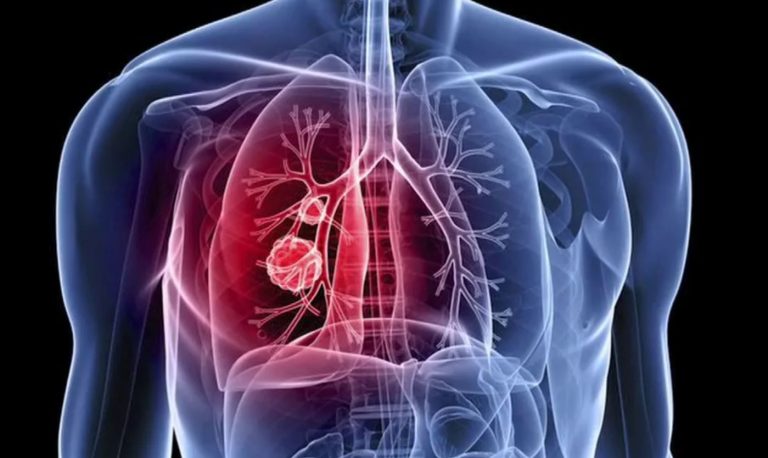
The first ever drug to target KRAS mutated cancers—Amgen’s Lumakras (sotorasib)—has been given accelerated approval by the FDA based on results from a Phase II trial.
Two companion diagnostic tests developed by Qiagen and Guardant—the QIAGEN therascreen KRAS RGQ PCR (tissue) and the Guardant360 CDx (plasma) kits—have also been approved to help select patients that can benefit most from the therapy.
The approvals were announced at the end of May and the results from the CODEBREAK 100 Phase II trial were released last week at the American Society of Clinical Oncology annual meeting and published simultaneously in the New England Journal of Medicine.
KRAS mutations are behind as many as 20% of human cancers, but until now attempts to develop personalized therapies have not been successful at least in part due to difficulty in finding suitable binding sites for such drugs.
Lumakras is the first drug to be approved to treat any KRAS mutated cancer. It is specifically designed to target non–small-cell lung cancer (NSCLC) with a KRAS p.G12C mutation, present in around 13% of lung cancer cases. KRAS mutations are common in NSCLC, present in 25–30% of cases, and standard treatments have limited benefits in this group.
Due to the lack of available drugs and unmet patient need, the FDA granted Lumakras priority review, fast-track, breakthrough therapy and orphan drug designation. The accelerated approval was granted with the proviso that the company carry out a post-marketing trial to assess if lower doses of the drug could also be effective. Patients have to have tried at least one other therapy before becoming eligible for Lumakras.
“The excitement surrounding this trial result is that sotorasib, just approved for clinical use, becomes the first targeted therapy for lung cancer patients with KRAS mutations,” says co-corresponding study author Vamsidhar Velcheti, M.D., an oncologist and researcher affiliated with NYU and the Perlmutter Cancer Center. “KRAS-targeted treatments, decades in the making, are urgently needed for these patients with limited therapeutic options.”
The trial included 124 patients with KRAS p.G12C NSCLC who had already been treated with other therapies. The patients were given 960 mg per day of Lumakras, which is a small molecule drug, until progression of disease, unacceptable side effects or until the patients withdrew consent. Overall, treatment continued for a median of 5.5 months.
The primary endpoint of the trial was objective response—partial or complete response to the therapy. Overall, 46 (37%) of the patients on the trial achieved this. Four patients had a complete response to Lumakras and 42 a partial response.
The median progression-free survival of those enrolled in the trial was 6.8 months and median overall survival was 12.5 months. Most patients (80%) in the trial achieved disease control after taking Lumakras.
Side effects, such as diarrhea, musculoskeletal pain, nausea and fatigue, were common among the participants, affecting 70%, but most were not severe. No life-threatening side effects were recorded, but around 7% of the patients discontinued the drug due to severe side effects the most common of which were diarrhea, nausea, fatigue, and an increase in liver enzyme levels.
“Sotorasib showed clinically significant benefit without any new safety concerns in patients with this specific form of KRAS mutant lung cancer,” says co-corresponding author Ramaswamy Govindan, M.D., a professor at Washington University School of Medicine.
“Moving forward, our team will seek to inform the development of combination therapies featuring sotorasib and other emerging drugs, and to determine which best fit the mix of mutations in each patient’s cancer cells.”











